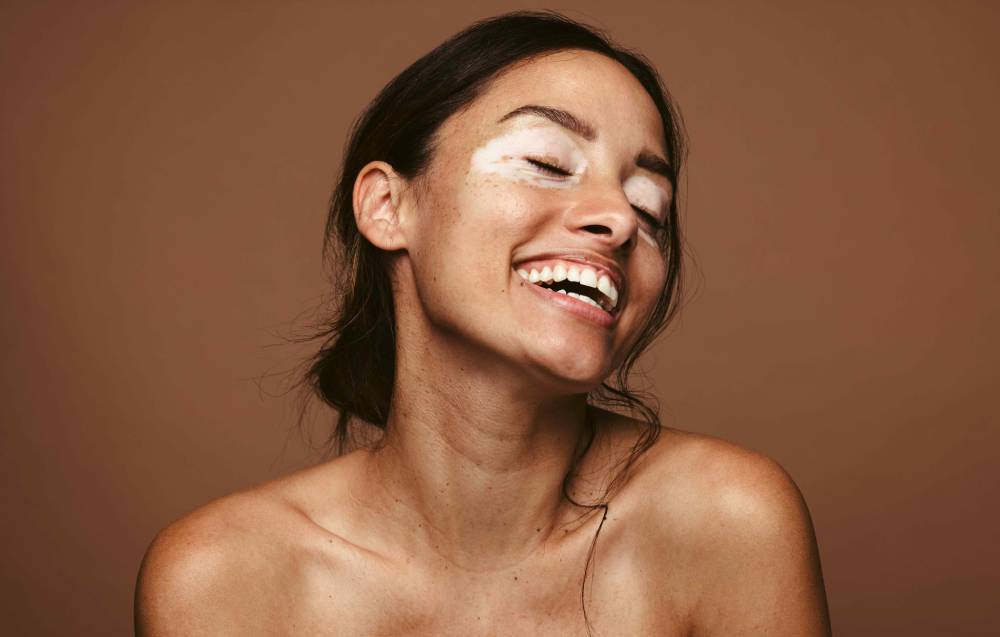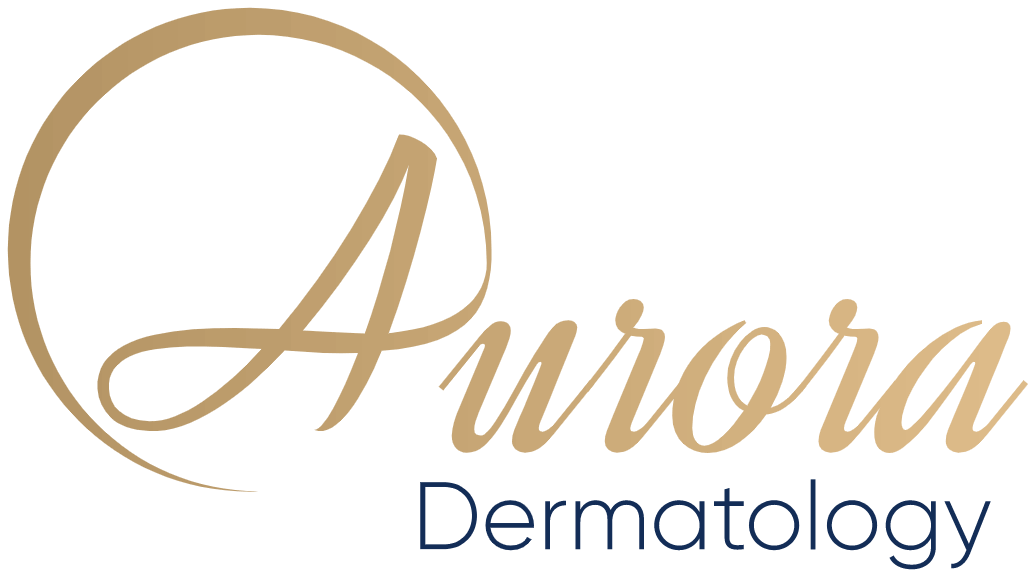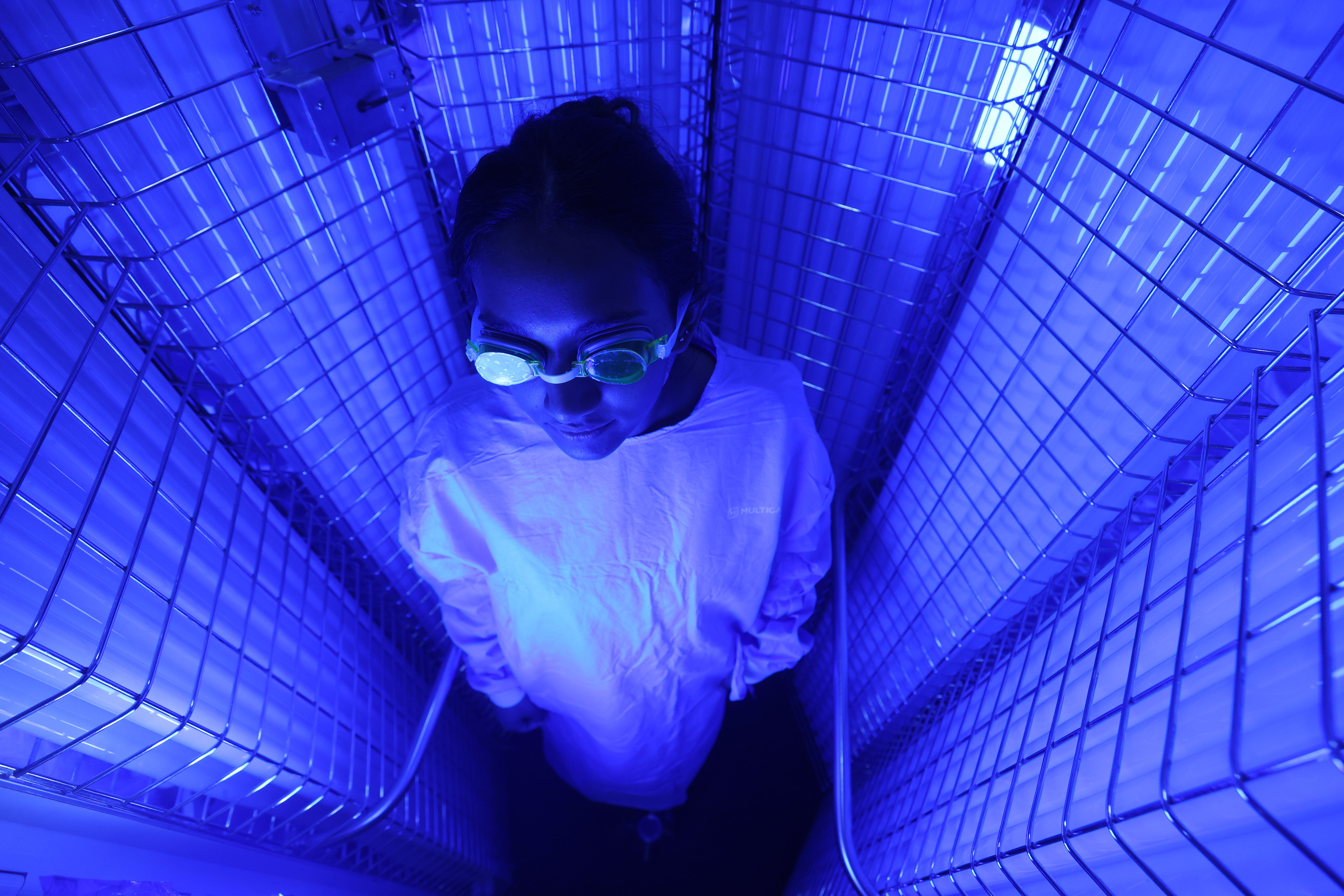Pruritis (Itchy Skin)
Aurora Dermatology is please to now offer bulk-billed phototherapy for patients with severe itching. Read more here.
What is pruritis?
Pruritis is the medical term for itchy skin – that causes and urgent desire to scratch the area.
What causes pruritis?
- Skin diseases such as allergic contact dermatitis, urticaria (hives), atopic dermatitis (eczema), pityriasis rosea, fungal infections such as tinea and jock? itch, psoriasis, lichen sclerosus (genital or anal itch).
- Allergies (dust or cat saliva)
- Insects and infestations such as lice, mosquitoes or scabies
- Excessive heating, too many blankets in bed or sitting too close to heaters, known as the “winter itch”
- Hormonal changes such as pregnancy and menopause. Loss of oestrogen can cause itchy hands and feet and also itching in the genital areas especially as well as prickling sensation or numbness of the skin.
- Common systemic diseases associated with itch include diabetes (yeast infections, poor circulation and lower leg itching) and thyroid disease (can cause dry skin).
- Less common causes of systemic itch include liver diseases (-, chronic renal failure or itch caused by drug reactions.
- Generalised itch along with tongue inflammation and angular cheilitus (inflammation of mouth corners) is also seen with iron deficiency aneamia.

How is itchy skin diagnosed?
Dr Parisa will take a full patient history and examine skin and look at any skin lesion or scratching symptoms. Tests to confirm a diagnoses of the itch may include
- Blood tests and skin biopsy
What are the best ways to treat itchy skin in the acute phase?
- A cool shower or ice packs on the affected area can stem the urge to itch.
- Keep moisturiser in the fridge and using at the first sign of itch.
- Topical corticosteroid (1%) or topical calcineurin inhibitors like pimecrolimus and tacrolimus or tar cream help treat redness and inflammation.
- Ensure that adequate amounts are used. As a guide, one fingertip unit (FTU) is the amount of ointment from the first bend in the finger to the fingertip, which will cover an area equal to two adult hands.
- Some patients use petroleum jelly or calamine to soothe itchy skin after a compress
- Avoid the urge to scratch and if you must, cut nails and wash hands first
- Take an oatmeal bath. This can be very soothing, especially for blisters or oozing skin due to chickenpox, hives, poison ivy or sunburn.
- Antihistamines can help if the cause is allergy related but note they will NOT work on non-allergenic causes which is why a diagnosis is important.
How do you prevent itchy skin?
- As difficult as it sounds, it’s important to avoid scratching as much as possible, as this will further irritate your skin and could increase your risk for a skin infection. If you must scratch – wet your nails and cut them (easy to cut when wet).
- Bathe with lukewarm – not hot – water. Many eczema patients often avoid baths all together and keep showers less than two minutes
- Always use “fragrance-free” lotions, soaps and detergents to minimize irritation.
- After your shower/bath, do not rub dry with a towel, pat instead.
- Seal in the hydrated skin, with moisturiser within three minutes of getting out of the shower.
- If applying moisturiser with a topical steroid, apply the moisturiser over the top of the steroid (not underneath it).
- Wear loose-fitting, cotton clothes.
- Avoid temperature extremes. Maintain a relatively cool, neutral humidity environment in your house.
- Use a humidifier during winter if you are prone to dry skin and eczema.
- Reduce stress as much as possible, as stress can make your itch worse.
- Avoid known food allergens where possible. Common allergens include milk, eggs, nuts, soya and wheat.
- Consider probiotics, which many patients are increasingly using to help in the fight against eczema.
What happens if the itch does not go away?
- If your itch does not go away with home treatment, speak to us about bulk-billed phototherapy (click here to learn more) which is helpful for itch associated with eczema, psoriasis, pityriasis and other itchy conditions. Dr Parisa may also recommend biological agents or systemic steroids.
How do I use a wet wrap for itchy eczema skin?
- After a very quick shower, apply cortisone or creams as prescribed, to all areas affected with eczema. Then apply moisturiser over the cortisone ointments and to the whole of the body and face. After that do the 5 step wet wrap process.


